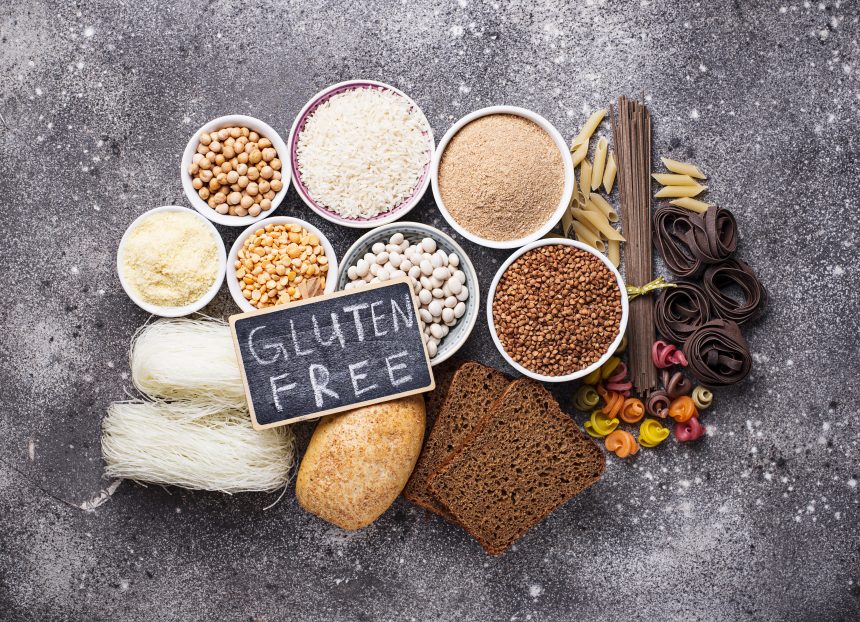Many people are choosing to go gluten free for reasons they are unsure of. They don’t know if they have an allergy, or sensitivity to gluten, but they do know that they feel better off of it.
Here are some of my insights into why people are reacting to gluten and what you can do about it.
Gluten Defined
Let’s begin with a definition: gluten is a naturally occurring protein found in wheat. It is also found in many other grains such as semolina, spelt, kamut, rye, and barley.As its name suggests, gluten (Latin for ‘glue’) is the constituent that makes bread and pasta chewy. It’s because of this quality that gluten is used in so many processed and packaged foods. Read the fine print and you’ll find it in everything from commercial sauces, to soups, to seasonings
Celiac vs Gluten Sensitivity
Celiac Disease is a serious autoimmune disease where gluten damages the villi in the gut, causing nutrient deficiencies. People will create measurable antibodies to gliadin ( a protein of gluten) that can be measured in their bloodwork. Confirmatory diagnosis is made by
Further testing for celiac include a genetic predisposition HLADq2 and Dq8 genes. This is not a diagnostic test but rather one that suggests risk.People with this gene have a 3% likelihood of developing celiac over the general population which has a risk of 1%.
Gluten Sensitivity is when symptoms occur following ingestion of products of gluten. There are some tests that can measure a gluten sensitivity such as a IgG delayed immune response testing, but these tests are prone to error as they can have many false positives.
Why is gluten intolerence and celiac such a big issues?
A 2009 study published in Gastroenterology showed that celiac disease has increase from one in 650 people to 1 in 120 over the last 50 years. I can only assume this number has gone up even more in the last 10 years. Some studies suggest that over 30% of the population is gluten sensitivity.
There are a variety of reasons for this increase and why most poeple feel better giving up gluten. Read below to find out.
I dont think I am celiac or have a gluten sensitivity, should I give it up?
We are no longer eating the wheat our parents ate. It has been manipulated to last longer, taste better and is grossly over consumed in North America.
Regardless of celiac or gluten sensitivity there are a variety of reasons why gluten in your diet can negatively effect your digestion.
- Wheat today has been hybridized to contain new proteins that the body does not process well. It is estimated that 5% of the proteins found in hybridized wheat are new proteins that were not found in either of the original wheat plants.
- Wheat today has been deaminated to make it more water soluble. This process allows for it to be used as a filler to make food more chewy. Deaminated wheat can be easily added to a variety of processed foods. Check the labels and you will see gluten in candy, chips, meatfillers, sauces etc.
- Wheat today has also been sprayed with “round up” to contain high levels of glyphosphates which are toxic to the liver and digestive system. The amount of glyphosphate used has increased 15x in the last 30 years and is found in almost all of our food sources especially wheat. When people ingest glyphosate it can disrupt gut bacteria by killing beneficial forms and promoting the growth of pathogens. This process can lead to inflammation and make you sensitive to many other foods as well.
These are but a few reasons that I usually recommend that gluten be taken out of a diet, if not totally, then greatly reduced. Regardless of being celiac or having a food sensitivity, what we have done to wheat will perpetuate inflammation, cause disruption to the gut barrier, and result in digestive issues.
If you would like to learn more about this topic and other topics related to gut health. Please subscribe and become a member of my community.
Subscribe and get a free gut reset meal plan! https://www.subscribepage.com/w3a7j4


